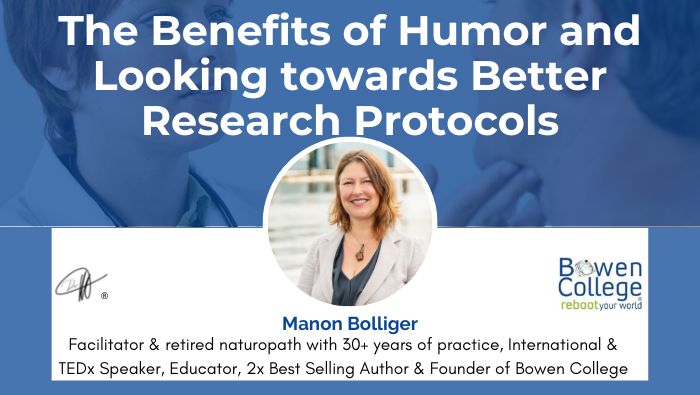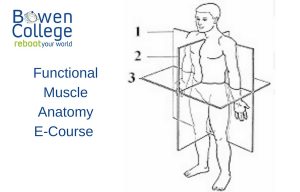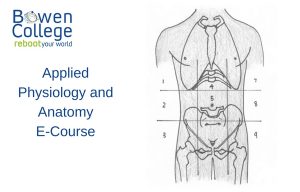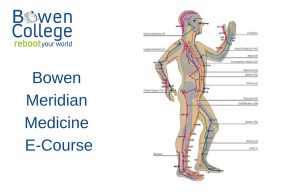In previous posts we’ve considered the benefits of stress relief in treatment. Humor can effectively relax patients, allowing them to better handle fear and anxiety. “Nurses find humor to be very beneficial for increasing their patients’ pain threshold, which helps them relax and reduce their stress,” writes K. Smith in Complementary/Alternative Theories in Nursing (2002).
“Given the research in psychoneuroimmunology showing the importance of stress and the effects it has on the body, and the findings in the pain research showing coping skills to be the most useful approach to diminishing the impact of stress, it is apparent that approaches that focus on ‘stress’ play an important part in the health of patients. This is really the paradigm in which it becomes impossible to separate the body from the mind.”
The underlying etiology of many major medical problems, such as coronary disease, accidents, suicides, and depression, is stress and its effects on the body. Many of these conditions are preventable in part or in total, and research shows integrating mind-body techniques with conventional medical practice appears to be of significant relevance (Pelletier, 2002). The growing number of individuals and health care professionals using mind-body medicine attests to its positive impact on the health and well-being of individuals.
We are at a crossroads. What effect will these “alternative” or “complementary” approaches offer to the whole patient? Will it take the concerted effort and intention of the patient to surmount his or her symptoms or will more research on the biological model will bring the solutions? Of course, both paths can be followed, but it is paramount to create proper research protocols to effectively evaluate the impact of “holistic” therapies.









